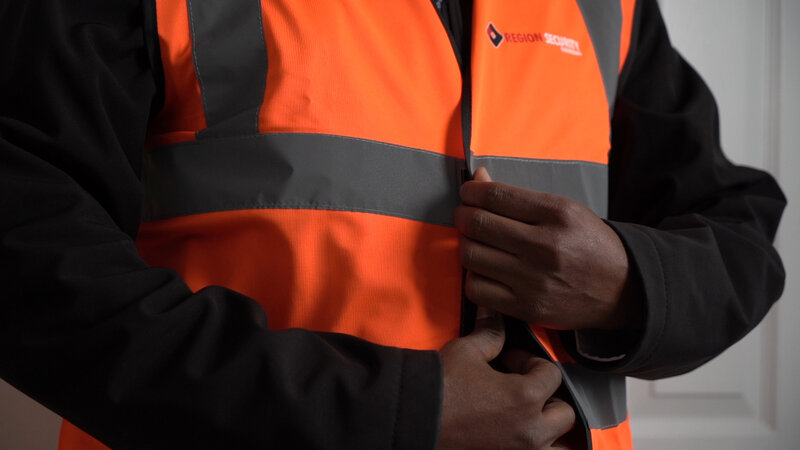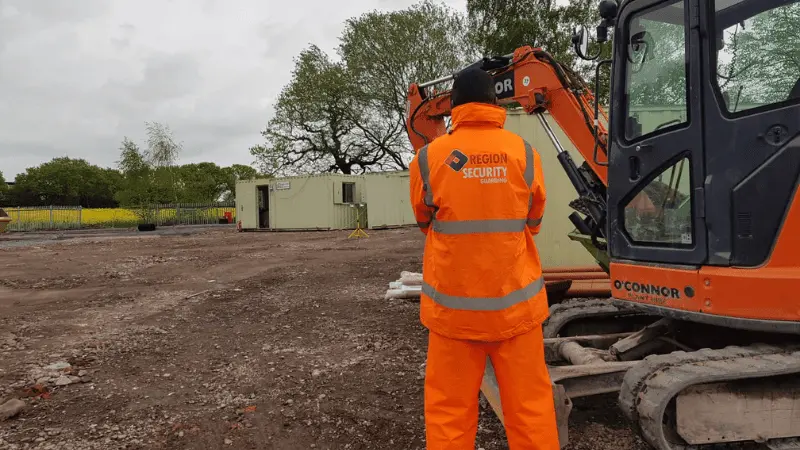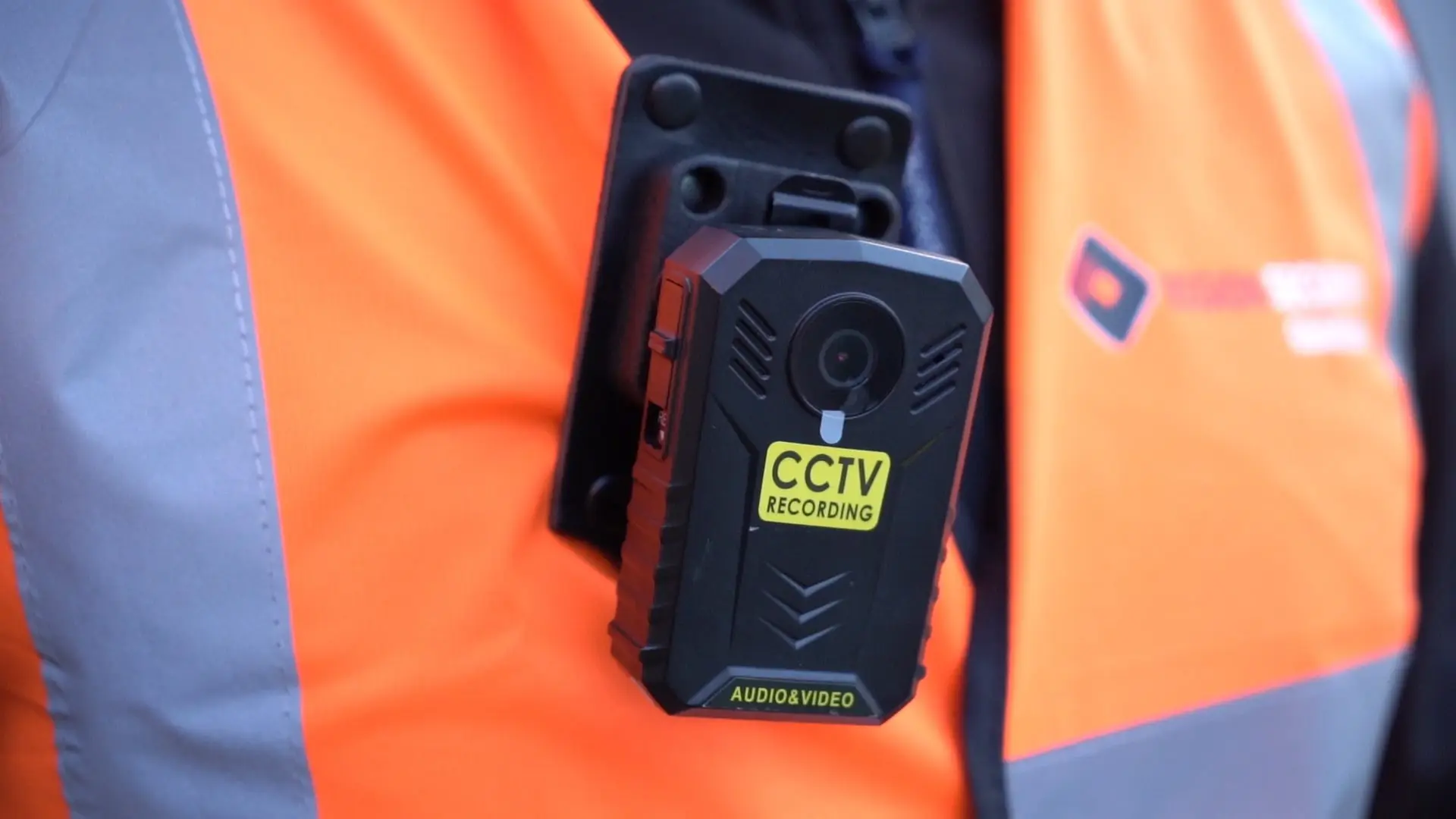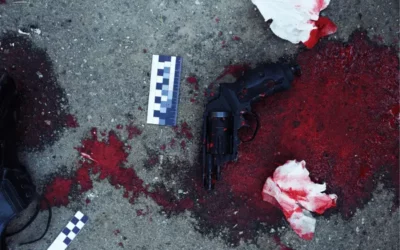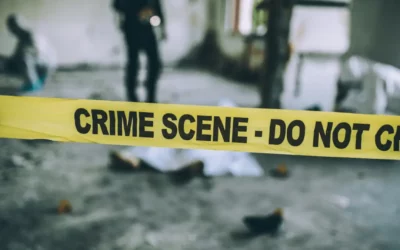
Are you aware of the new Police, Crime, Sentencing, and Courts Bill?
In this article, we will discuss what it is, who introduced it, the protests that followed, and whether or not the bill was passed.
What Is The New Police And Crime Bill UK?
The Police, Crime, Sentencing, and Courts Bill is an act of the United Kingdom Parliament. The purpose of this act is to make changes to police powers and judicial procedures regarding public protests in England and Wales. Examples include:
- Increasing the maximum penalty for obstruction of a highway
- Widening of conditions that the police can impose
- Broadening the circumstances in which the police can impose conditions
- Introducing Public Spaces Protection Orders (PSPO’s)
This means that the police can impose conditions such as start/finish times and noise limits, failure to comply will result in a fine of up to £2,500. As well as this, the bill allows for those who damage memorials to face a sentence of up to 10 years in prison.
Who Introduced The Police, Crime, Sentencing, And Courts Bill?
The Police, Crime, Sentencing, and Courts Bill was introduced by the Home Office and Ministry of Justice in response to protests such as Black Lives Matter, Extinction Rebellion, and Insulate Britain.
The government has stated that “the measures in the Police, Crime, Sentencing, and Courts Bill will improve the police’s ability to manage such protests, enabling them to balance the rights of protesters against the rights of others to go about their daily business, and to dedicate their resources to keeping the public safe”.
Recently we have been seeing a crackdown on all sorts of crimes such as knife and youth crime by the UK government, as well as new legislations being created to help prevent them.

Police, Crime, Sentencing, And Courts Bill Protest
Since 2019, the UK has had significant campaigns directed by pressure groups, often resulting in large country-wide protests. These have included activists using adhesives to attach themselves to public transport vehicles as well as busy road surfaces. The protests have also involved a grade II listed structure being removed and criminally damaged.
These protesting methods have been faced with controversy, with many conflicting opinions about whether these actions cause too much disruption to others who are going about their daily lives. In addition to this, many of these protests occurred during the Coronavirus outbreak where people were advised to always keep two meters apart.
Protests such as these have resulted in both injuries and deaths of the public, damage to property, as well as the assault of the police officers. For example, 27 police officers were injured in just one week’s worth of UK protests following video footage of George Floyd’s arrest in the US.
Kill The Bill Petition
News of the PCSC Bill caused anger in many cities across the UK, and as a result, thousands joined the ‘Kill the Bill’ protests. This is because many believe that the bill is an attack on human rights and goes against the purpose of a protest, which is to be noticed. Human rights activists argue that this legislation goes against the right to peacefully protest and has been directed toward the wrong group of people.
Human Right Chart Liberty has expressed its view on the bill by saying “the state can’t interfere with your right to protest just because it disagrees with protestors’ views, because it’s likely to be inconvenient and cause a nuisance or because there might be tension”.
However, despite the protests, the bill continued its process throughout parliament, and has disagreed to remove restrictions on noise levels.
Stop And Search
One element of the bill contained the power for police to stop and search those participating in the protest, even without reasonable suspicion. It also proposes to criminalise locking yourself on to objects or having the equipment to do so.
Many fear this could result in peaceful protesters or even just passers-by facing wrongful convictions and disruption to their freedom.
Was The Police, Crime, Sentencing, And Courts Bill Passed?
After a long and complicated process throughout parliament, the House of Lords passed the bill on the 26th of April 2022 with 180 votes to 133. Then on the 28th of April 2022, the act received Royal Assent. There is an agreement that these new powers will be reviewed by the Home Sectary within two years’ time.
If you wish to join any peaceful protests or public events in the near future, we highly recommend researching how to stay safe at events to ensure that all threats of violence are kept to a minimum.
Final Thoughts
What are your thoughts on this highly controversial act? Let us know by writing a comment and make sure to check out our crime news page to browse through all our related blog posts!
Related Articles
What Is Violent Crime?
One of the most common crimes within the UK is violent crime offences but what is violent crime really? In this article, we define what violent crime is, discuss whether violent crime in the UK is increasing, and explain how we can prevent violent crime.
Top 10 Most Dangerous Areas in England and Wales
There are exactly 70 counties between both countries and in this article, we will be going over the top 10 most dangerous areas in England and Wales.
Why Is Youth Crime a Problem?
Why is youth crime a problem? In this article, we discuss what youth crime is, the factors that contribute to it, how to prevent it, and lots more!
Gun Crime In The UK
While the UK is one of the safest countries in the world when it comes to gun related crimes, it does still happen throughout the country.
Knife Crime In The UK
Knife crime has seen a dramatic increase here in the UK since 2012, with almost 41,000 offenses…
What Are the Different Types of Crime?
There are many different types of crime that take place in the UK, but do you know what they are?
Can Crime Be Eliminated?
A common question that is asked is “what does crime mean?”. A crime is defined as a deliberate act that causes physical or psychological harm, damage to or loss of property, and is against the law. Whilst that is the definition crime as a concept is very difficult to pin down to have one specific meaning.
Do Security Guards Reduce Crime?
Crime is a huge worry and threat for many businesses, and it often seems impossible to escape from. Crime rates in the UK seem to be on the rise. According to Statista, there were at least 93.6 crimes reported per 1,000 people. With these shocking figures, it’s no wonder that many businesses are looking for security protection such as guards to protect their sites or property.
Knife Crime Is Rapidly Increasing; 4 Tips on How to Stay Safe in 2024
UK’s Knife Crime In March 2019, knife crime in the UK reached a decade high; the ONS has revealed that recordings of crimes involving sharp instruments

